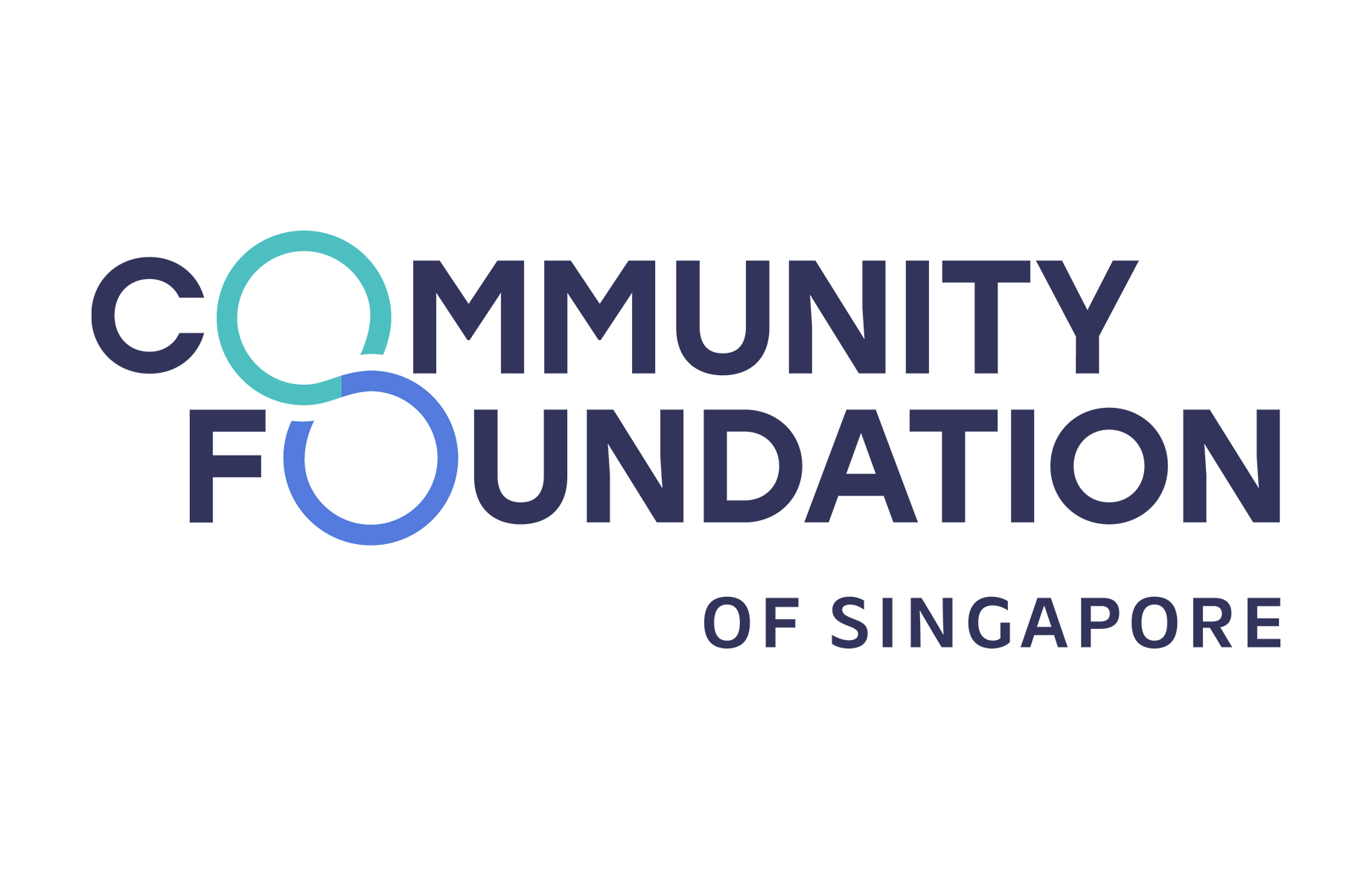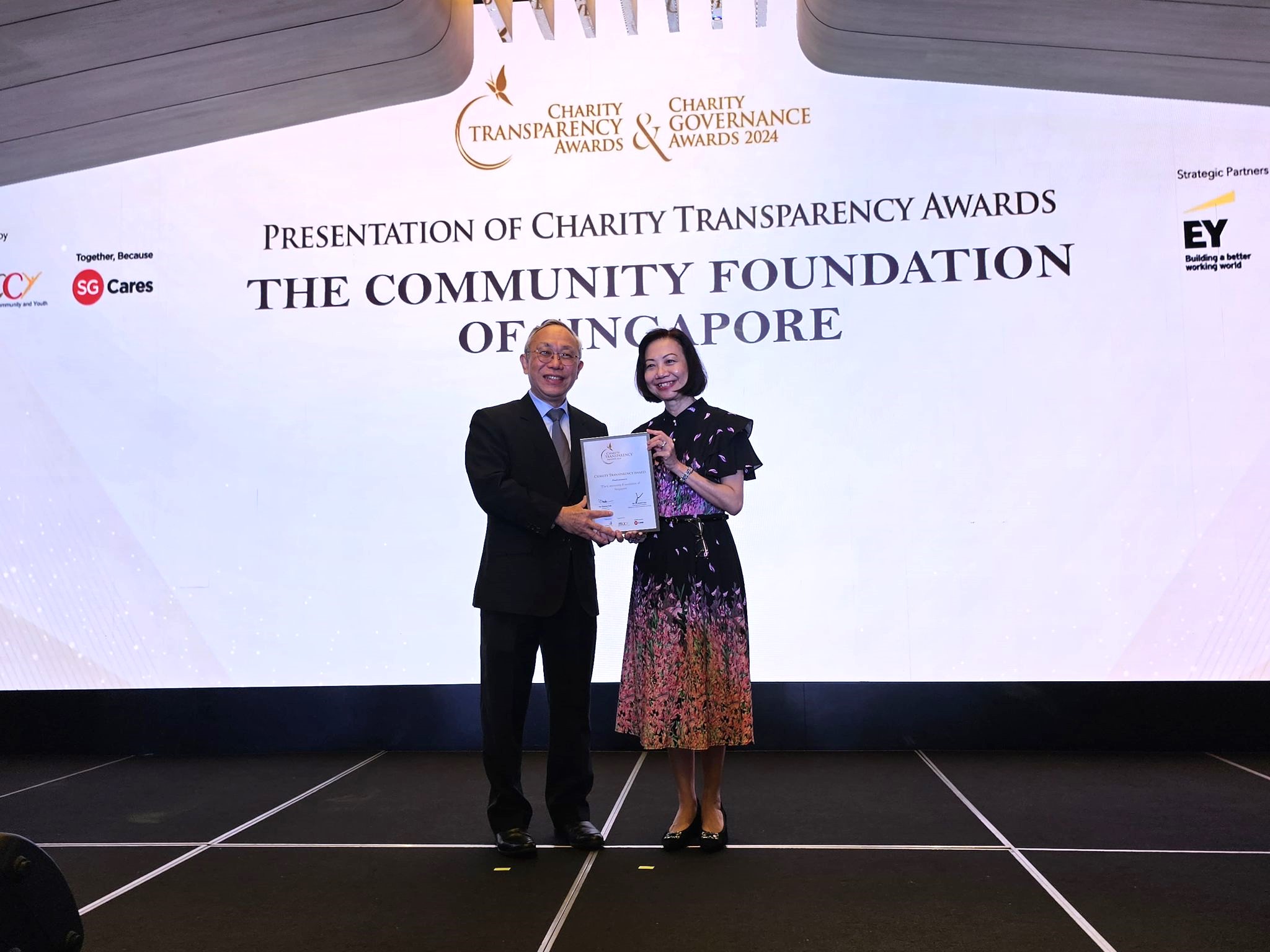Coutts million dollar donor report 2015


The Coutts Million Dollar Report produced in association with the Community Foundation of Singapore tracks trends in donations of $1 million and above made by individuals, foundations and corporations in Singapore and around the world. The findings of the 2015 report provide valuable insight into major giving over the course of 2014. While the combined figures did not match those of the previous year, the overall message of major philanthropy remains a positive one, with education being a popular recipient of donations across the world. In addition to presenting and analysing the findings, the report also includes case studies of million dollar donors including our Board member Keith Chua.
The Coutts Million Dollar Report produced in association with the Community Foundation of Singapore tracks trends in donations of $1 million and above made by individuals, foundations and corporations in Singapore and around the world. The findings of the 2015 report provide valuable insight into major giving over the course of 2014. While the combined figures did not match those of the previous year, the overall message of major philanthropy remains a positive one, with education being a popular recipient of donations across the world. In addition to presenting and analysing the findings, the report also includes case studies of million dollar donors including our Board member Keith Chua.
- Related Topics For You: ACCESSING QUALITY EDUCATION, DONOR STORIES, EDUCATION, NEWS, STORIES OF IMPACT



